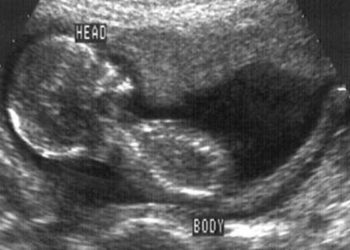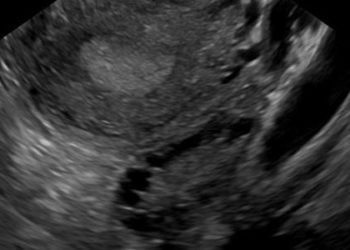Folic acid and zinc supplementation in men not associated with increased fertility
1. In couples obtaining infertility treatment, folic acid and zinc supplementation in men did not lead to a significant improvement in semen quality or the rate of live birth, when compared to a placebo
2. A mild increase in sperm DNA fragmentation was found in the supplementation group.
Evidence Rating Level: 1 (Excellent)
Study Rundown: The use of dietary supplements is becoming more and more popular among couples trying to conceive and this interest has been reported by adult men as well. However, research to support this claim that supplementation could affect live birth is lacking. This study examined the effect of daily folic acid and zinc supplementation in men for couples seeking infertility treatment. In specific, the semen quality and live birth outcomes were measured among couples enrolled into the study. The results revealed no significant improvement in semen quality or the rate of live birth, when compared to a placebo. Folic acid and zinc supplementation by male partners in couples seeking infertility treatment is not supported.
This study successfully randomized a large sample size into the treatment groups and effectively analyzed supplementation impact on semen quality and effects on DNA fragmentation index. Although the results can be generalized to infertility clinic population, the majority of the patients enrolled were white, non-Hispanic, with a high socioeconomic status.
Click to read the study in JAMA
In-Depth [randomized controlled trial]: The Folic Acid and Zinc Supplementation Trial (FAZST) was conducted over multiple reproductive endocrinology and infertility care centers across the US (Utah, Illinois and Minnesota) between June 2013 and December 2017. The study was fully completed in April 2019, with a total of 2370 men age 18 and above and women aged 18-45 being consented into the study if they were seeking infertility treatment. Couples were excluded if using a donor sperm or gestational surrogate, pregnant at time of enrollment, and/or if male partner was diagnosed with obstructive azoospermia or other infertility which would not benefit from supplementation. Male partners with poorly controlled chronic diseases were also excluded from the study. Enrolled participants (men, mean age 33 years) were randomized to receiving supplementation or a placebo for a minimum of 4.5 to 6 weeks before the ovulatory phase of the first infertility treatment cycle. The study findings revealed no significant improvement couples’ live birth rates (34%vs 35%, respectively) or semen quality measured 6 months after randomization. An increase in sperm DNA fragmentation was detected in participants receiving supplementation mean difference, 2.4%[95%CI, 0.5%to 4.4%]. Side effects of supplementation, when compared to the placebo, were found to include gastrointestinal symptoms (abdominal discomfort or pain, nausea, and vomiting). The study findings do not support the use of folic acid and zinc supplementation by male partners in couples seeking infertility treatment.
Image: PD
©2020 2 Minute Medicine, Inc. All rights reserved. No works may be reproduced without expressed written consent from 2 Minute Medicine, Inc. Inquire about licensing here. No article should be construed as medical advice and is not intended as such by the authors or by 2 Minute Medicine, Inc.






